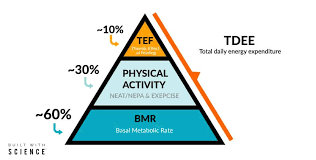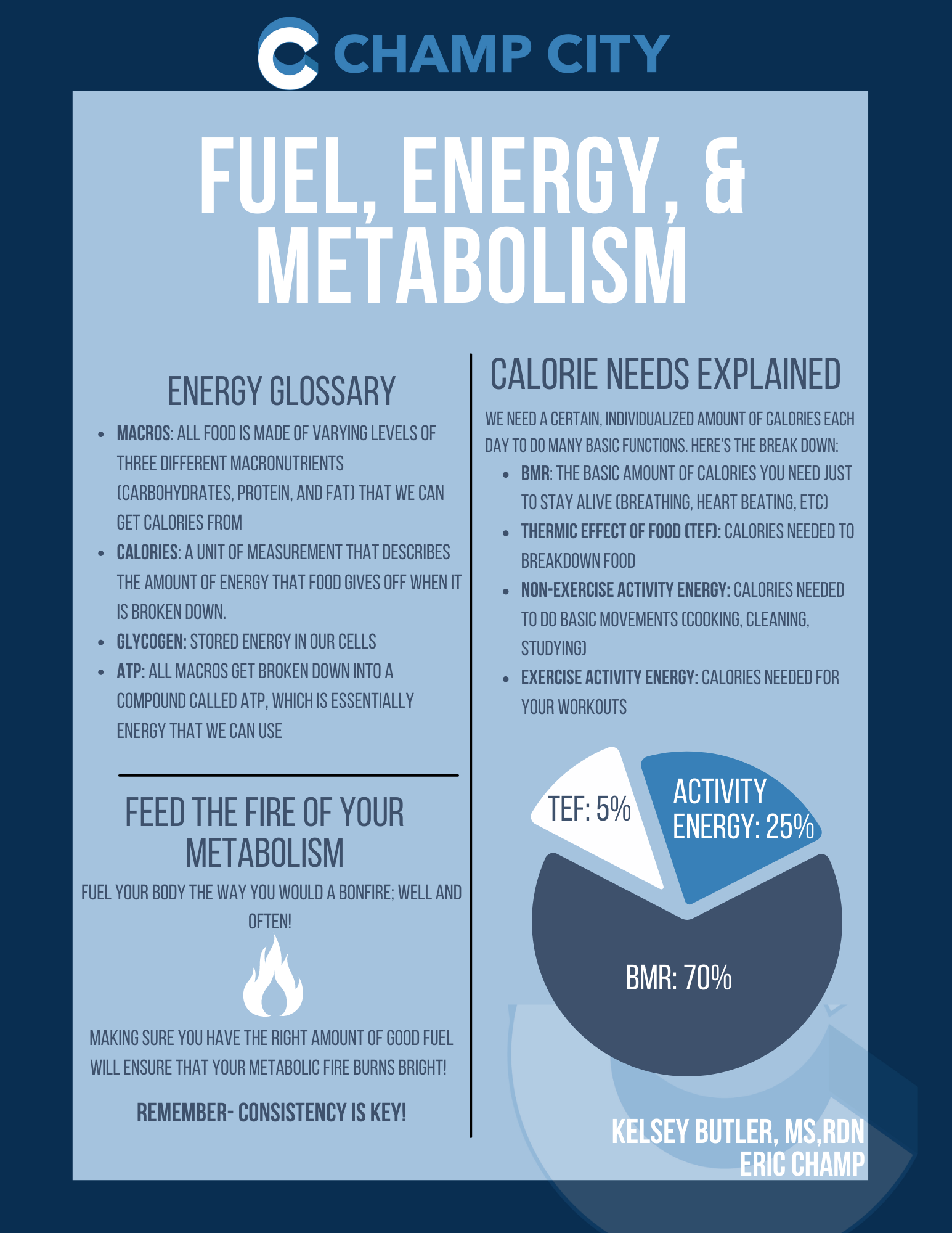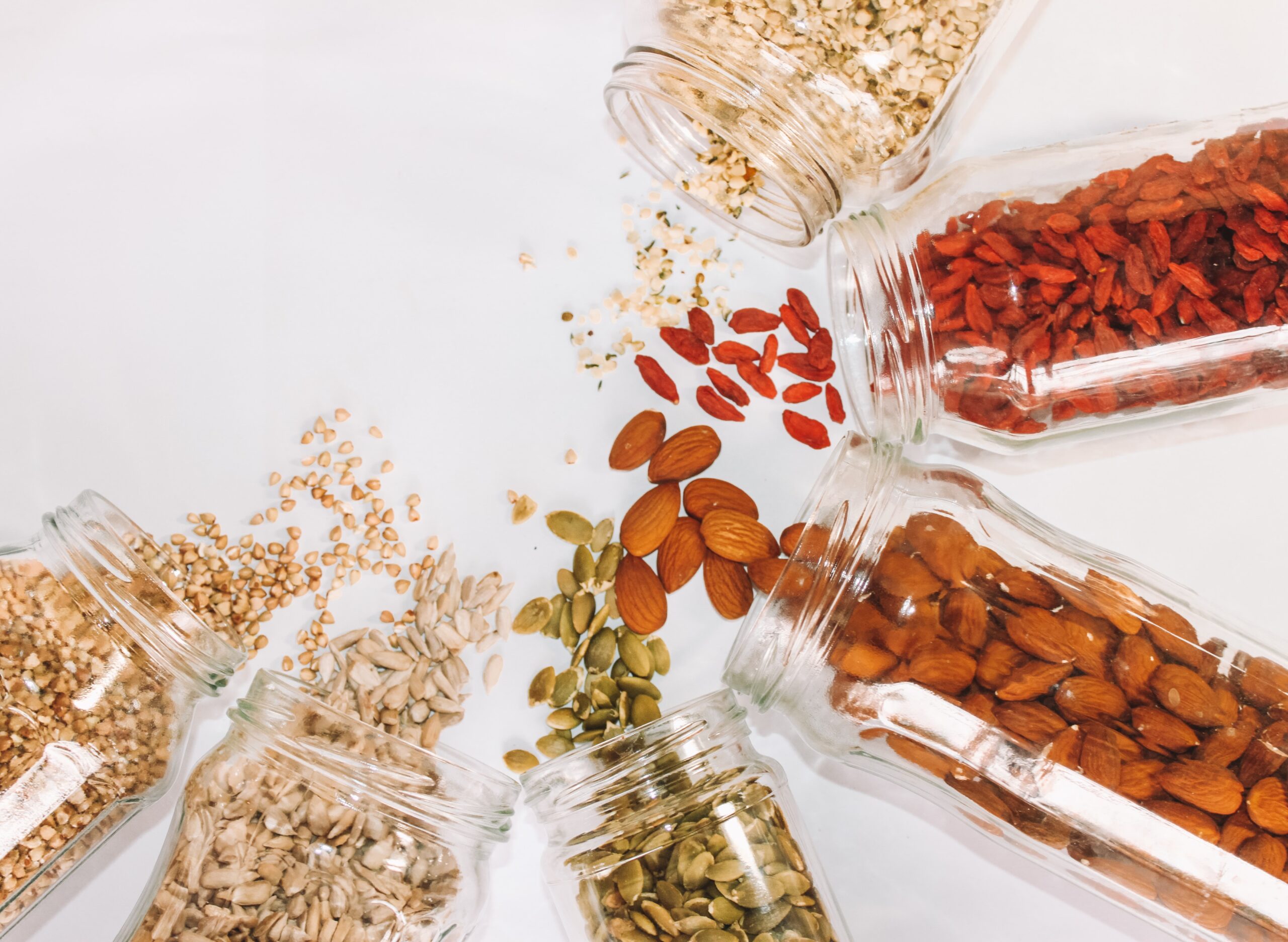Do you know how to keep your metabolism burning bright? It’s like a campfire analogy- you need just the right amount of kindling and logs to keep the fire going. In this post, we’ll discuss how metabolism works and how to fuel your metabolism for optimal energy production. You may have heard that genetics affect metabolism, but did you know that it can also be influenced by your diet and activity level? We’ll explore all of these factors and more in order to help you understand how to keep your metabolism stoked!
From Digestion to Energy- How Does It All Work?
We all know that we need to eat to live, but have you ever wondered how food is turned into energy? It’s a complex process, but we’ll break it down for you. When you eat food, your body begins the process of digestion. Digestion breaks down the food into smaller molecules that can be absorbed into the bloodstream. Once in the blood, these molecules are transported to the cells where they are used for energy production.
The metabolism is responsible for converting the food you eat into energy your cells can use. This process is known as metabolism, and it occurs in two stages: catabolism and anabolism. Catabolism is the breakdown of larger molecules into smaller ones and occurs in the cells’ mitochondria. Anabolism synthesizes larger molecules from smaller ones, which takes place in the cell’s cytoplasm.
Catabolism and anabolism come into play when we’re talking about fitness and metabolic function because they affect how our bodies process the food we eat. Catabolism is responsible for breaking down the macronutrients in our food (fat, protein, and carbohydrates) so they can be used for energy production. On the other hand, anabolism uses those macronutrients to build new tissue or store energy for later use, which is especially important for muscle building and recovery.
The metabolism is like a bonfire- if you have too much firewood, the fire will die out. If you don’t have enough, the fire will go out. You need just the right amount of logs to keep the blaze going bright. The same is true for your metabolism- you need to fuel it with the right nutrients in order to keep it burning brightly.
Metabolic Rates and What Else Factors In

BMR + TEF + EAT + NEAT = metabolism.
BMR is your basal metabolic rate or the number of calories you burn at rest. TEF is the thermic effect of food, or the energy required to digest and absorb nutrients. EAT is exercise activity thermogenesis or the energy expended during exercise, while NEAT is the energy expended from non-exercise movement, such as cleaning, gardening, etc. Together, these three things make up your metabolism or the number of calories you burn daily.
Your metabolism is affected by various factors, including energy balance, macronutrients, movement/exercise, sleep, genetics, and consistency. Let’s take a closer look at each one:
Energy Balance
The amount of energy you expend vs. the amount you consume through food and drink. If you’re in a calorie deficit (expending more energy than you’re consuming), your metabolism will slow down in order to conserve energy. On the other hand, if you’re in a calorie surplus (consuming more energy than you expend), your metabolism will speed up in order to burn off the excess calories.
Macronutrients
The three macronutrients (fat, protein, and carbohydrates) all affect metabolism differently. Fat is the most energy-dense of the three, so it takes more energy to digest and metabolize fat than it does carbohydrates or protein. Protein is known as the “building block” of the body, so it’s used for muscle growth and repair. Carbohydrates are the body’s preferred source of energy, so they’re metabolized relatively quickly.
Movement/Exercise
Physical activity requires energy, so the more you move, the more calories you’ll burn. Exercise also helps to increase muscle mass, which in turn boosts metabolism.
Sleep
Getting enough quality sleep is essential for proper metabolism function. When you’re tired, your body doesn’t have the energy to metabolize food effectively. This can lead to weight gain and other health problems.
Genetics
Some people are simply born with a higher metabolism than others. This is due to genetics and cannot be changed.
Consistency
Consistency is key when it comes to metabolism. Eating healthy, eating enough, and exercising regularly will make your metabolism more efficient. However, if you yo-yo diet or are inconsistent with your physical activity, your metabolism will suffer as a result.
Fueling Your Metabolism Well
So what do we do with all of this information? How can we make sure we’re fueling our metabolism well?
The first step is ensuring you are eating consistently throughout the day. That means eating a balanced meal every 2-4 hours. This will help to keep your metabolism going and prevent those energy dips that can lead to unhealthy snacking.
It’s also important to listen to your hunger cues. If you’re hungry, eat! Don’t try to deprive yourself or starve yourself in an effort to lose weight. This will only backfire and cause your metabolism to slow down.
Finally, be consistent with your physical activity. Exercise not only burns calories, but it also helps to build muscle mass and improve metabolism function. A regular exercise routine will go a long way in keeping your metabolism burning brightly.
So there you have it! Now you know how to keep your metabolism fire burning bright. Just remember- often eat, exercise regularly, and listen to your hunger cues. And if you need a little help getting started, we’re here for you! Our team of metabolism experts can help you create a personalized plan to get your metabolism back on track.
Want to know how to test your personal BMR needs? Check out Champ CIty’s Custom Macro Calculator!








